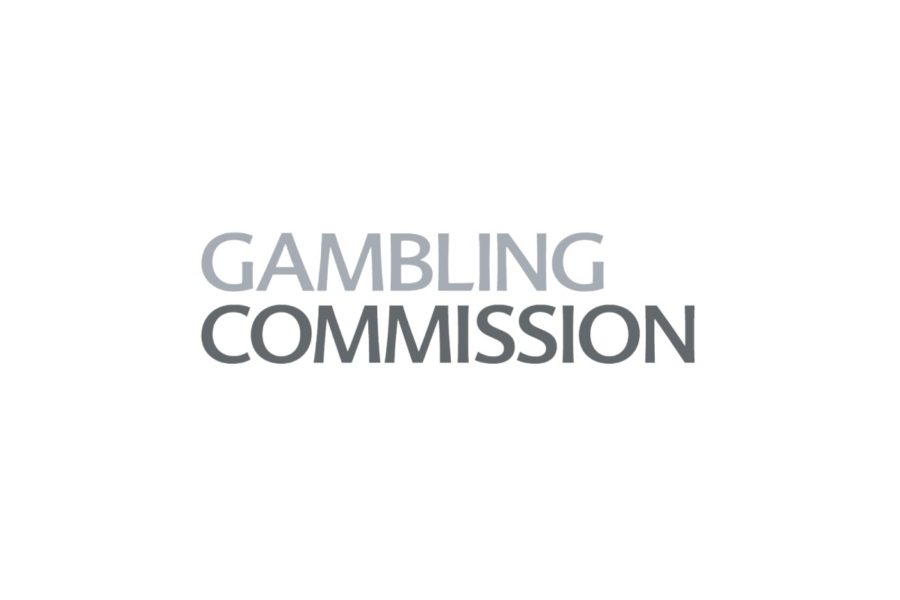Gambling Commission publishes new advice for handling complaints

The British regulator has identified areas for improvement after reviewing operators’ complaints policies.
UK.- The British Gambling Commission has published new recommendations on how gaming licensees should handle complaints. It also reminded licensees of existing rules and guidance on the matter following a review of complaints policies that identified areas for improvement.
The commission reviewed 34 licensee complaints policies from a range of sectors and looked at how accessible and easy they were to use. The review had been anticipated in the regulator’s 2021/22 business plan to “explore how to improve how licensees deal with consumers when things go wrong”.
It says that the review will also “complement the government’s review of the Gambling Act, which includes looking at how to improve consumer redress arrangements in the gambling industry”.
The regulator found that 8 per cent of gamblers had ever made a complaint. Some 4 per cent reported that they wanted to make a complaint but didn’t. One possible reason identified for this was a perception among customers that making a complaint was “a tedious process“, and that the licensee may be “purposefully difficult to reach”.
It said: “While most of the policies we reviewed met the basic requirements imposed on gambling licences, there were still areas where licensees could make improvements in their complaints handling. This will help make the process easier and more accessible for consumers.”
Ian Angus, director of policy at the Gambling Commission, said: “Good complaints handling is vital in the gambling industry. We want consumers to be able to easily find and understand policies and be able to raise their complaints without any barriers.
“We know gambling businesses receive around 200,000 complaints every year, and while the government’s review of the Gambling Act will consider where these can be escalated to, the majority will still need to go through the licensee’s complaints process first. We want to help them handle these well, to improve outcomes for both them and consumers.”
The Gambling Commission has compiled a new list of recommendations to help licensees improve their complaint handling. It has also reminded licensees of their requirements around complaints handling under social responsibility code 6 of the Licence Conditions and Codes of Practice and signposted to its guidance on complaints procedural, information provision and reporting requirements.
Headlined “good practice complaints handling“, the new recommendations are:
- include a link to your complaints procedure on your homepage
- use plain English and avoid jargon or legalese
- have a short and clear process for complaints
- tell people what information you need to investigate their complaint
- include details of the 8-week time limit for resolving complaints or issuing a final response
- be clear when you have given a final decision or reached ‘deadlock’
- include clickable links and check that they work
- utilise technology, such as webforms and decision-trees, to help guide people through the complaints process but always have alternative methods of contact available
- be accessible for all, including vulnerable people, and make adjustments where required
- keep a virtual paper-trail
- utilise Resolver and other consumer support tools
- provide clear signposting to ADR providers
Last week, the Court of Appeal reversed a decision that allowed the Gambling Commission to move ahead with the transfer of the British National Lottery to Allwyn. The Czech lottery giant has been chosen to run the National Lottery from 2024, but Camelot has mounted a legal challenge against the results of the Gambling Commission’s tender.
At the end of June, the High Court had granted the Gambling Commission permission to go ahead with its enabling agreement for the transfer of the National Lottery to Allwyn. The decision supported the Gambling Commission’s request to ensure that Camelot’s legal challenge did not delay the process.
See also: UK Children’s Commissioner urges government to think again on loot boxes











